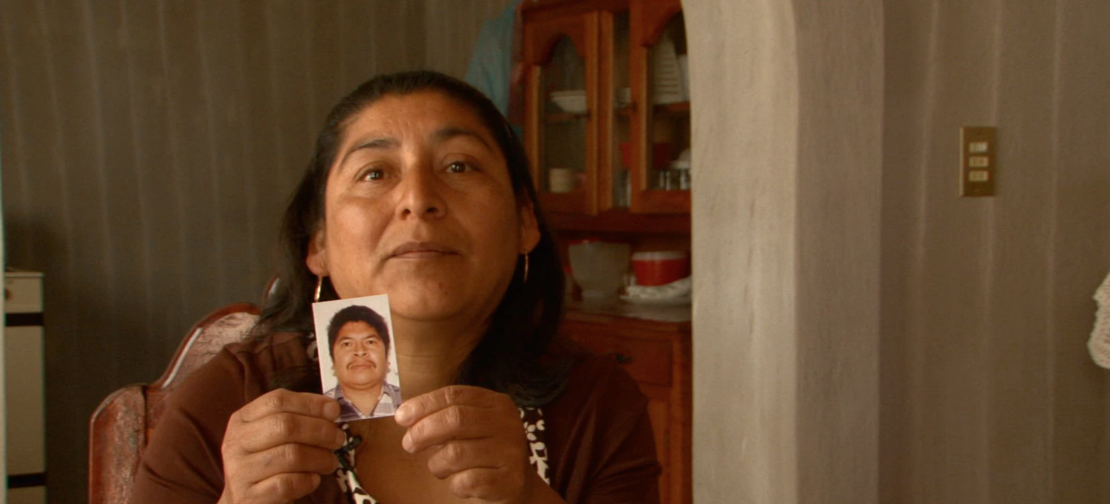A still from director Marco Williams’s documentary ‘The Undocumented.’
Marco Williams
Marco Williams has directed four Sundance Film Festival selections including In Search of Our Fathers (1992), Two Towns of Jasper (2002), Without a Pass (2002), and Banished (2007). He is using Kickstarter to fund the final stages of his most recent project, The Undocumented, which exposes the annual recovery of dead bodies and skeletal remains of those who attempt to cross into the United States through the Sonora desert.
When I started filming The Undocumented, I decided to keep a production diary. I made this decision for two reasons: 1) For this film, I was going to do the camera and the sound, and I was alone on location for most of the shooting. The production diary was a way for me to have conversations and to reflect on the ups and downs of the production, and 2) I anticipated that the diary would be like a documentary proposal—it would become a kind of script.

Filming Marco Williams’ The Undocumented.
(The critical consideration if you decide to maintain a diary is: you have to read it. It is more important to re-read what you have written than it is to write in it every day.)
I wish to share an entry from my first trip to Mexico. For these shoots, I hired a cameraman and a field producer, both of whom were fluent in Spanish. I am not fluent. I filmed five different families and also worked as the soundman, which allowed me to ‘direct’ and to be in the heart of the filming.
For the Mexico shoots I sought to apply a hybrid aesthetic. I wanted to film family life and the arrival of the coffin in cinema verite and compliment this with interviews.
Why this approach? Unlike in Arizona where I spent more than 75 days shooting over a four month period (a density which allowed me to shoot verite and to develop relationships through a longitudinal time frame), with the Mexican families I knew I would ‘parachute’ in, spending three days at most with a given family. Interviewing was my only hope of gathering information.
Hualtuco/Capolita, Mexico
August 17, 2009
The family of Joaquin Silva Martinez took us in as though we were members of their family. They included us in meals and allowed us to film all facets of daily life. We filmed the women milling corn and making tortillas, the preparation for the wake, the arrival of the coffin, the rosary, two different masses, and the burial.
Most of the footage captured was of the family in a public arena. We never were invited into their private space—their bedrooms, for example. I share this because we were around them a lot.
The most intriguing moment occurred when the casket arrived. Until its arrival there had been a general carefree attitude. There was playfulness. There was joy. There was lightness. When the casket arrived, the mood shift was palpable. It was as though a switch was turned to an off position. From lively to somber in a matter of minutes.
My worry about this experience is how much is “within the frame” (captured in the film), or how much is stuff that we observed and experienced firsthand. After all, we didn’t film every interaction, every act of generosity.




